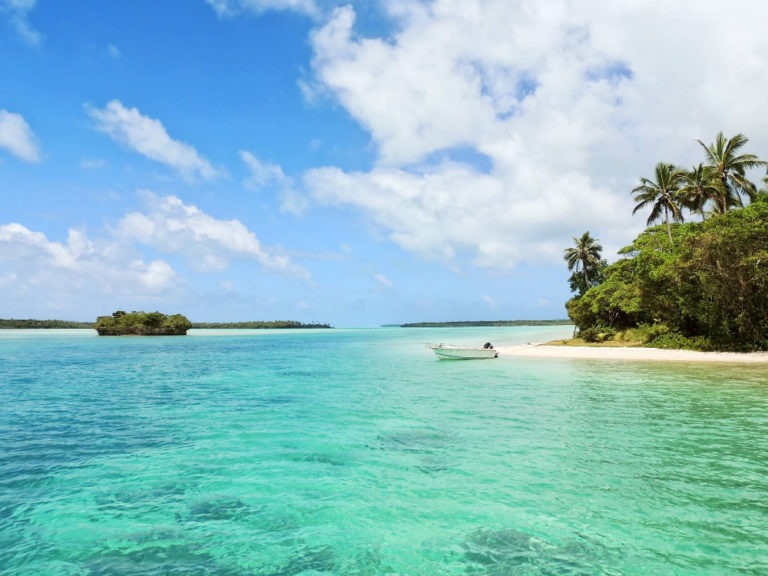Travel insurance small print: what to look for
Money Talk is intended to inform and educate; it's not financial advice. Affiliate links, including from Amazon, are used to help fund the site. If you make a purchase via a link marked with an *, Money Talk might receive a commission at no cost to you. Find out more here.
You know what you need for your holiday this year?
Well, sunscreen and a fan probably, but also travel insurance.
I’ve covered how to pick the right travel insurance for you before, but so much is changing in the world of travel all the time.
Post-Covid, many travel companies have dialled back their flexible booking policies, which means you’ll need more robust cover if you want to be protected for sickness-related cancellations.
Then there’s the extreme heat and wildfires affecting many countries, from the US to the Mediterranean and beyond, which may well make you think about cancelling your trip.
You probably won’t be covered if you do by the way, as it counts as a disinclination to travel, but you may be covered if a natural disaster affects your travel plans.
So what should you be looking for if you want to find the most comprehensive cover?
Here are the keywords in the travel insurance small print you should look for.
Emergency medical cover
Medical emergencies can be costly, not to mention stressful, so it’s worth making sure you have comprehensive cover here.
Check the maximum amount the policy will pay out, and make sure that the coverage limit is sufficient to cover potential medical costs in your destination.
Some countries, like the US for example, have high medical expenses, so it’s essential to have adequate coverage in place.
It’s worth digging into the small print to see whether things like hospitalisation, doctor’s visits, prescriptions, and other necessary medical treatments are covered and if so, how.
It’s especially pertinent when it comes to cruising as medical treatment onboard a cruise ship comes at an additional cost and are often very expensive.
It’s also worth finding out whether the policy includes coverage for emergency medical evacuation.
Checking the small print is crucial if you have pre-existing medical conditions as well as these could change how the policy applies to you.
It may also include additional conditions that you must adhere to, such as bringing your inhaler with you if you have asthma.
Don’t despair if you can’t find the right coverage for pre-existing medical condition.
Specialists such as AllClear* are designed for exactly this, and will often offer insurance in cases that are considered uninsurable by other generalist providers.
Trip cancellation, interruption and delay cover
There are lots of reasons why you might need to cancel a trip before it begins or finish your holiday early, including the death of a loved one, extreme weather conditions or an unexpected strike.
Some policies are more generous with their coverage than others so do check the fine print.
In the case of strikes for example, if you have to cancel your break, you are usually only covered if you booked your trip before any industrial action was announced – if you booked your trip knowing a strike has been called, you’re on your own.
Similarly, if extreme weather was already affecting a destination when you booked your trip, you’re unlikely to get a payout if your trip ends up being affected.
What policies will pay out varies too, so if you’ve booked a big budget trip, make sure your coverage is sufficient.
And if you know you’re prone to changing your mind, consider looking for a policy that has a cancel for any reason clause. You probably won’t get the full amount back, however.
Then there’s delay cover, which given the number of strikes this year is more important than ever.
Check if this is offered and if so, how claims will work. Will you be covered for onward travel for example, or expenses if you need to stay put.
Read this: Flight delay compensation: your rights and how to claim
Baggage and personal belongings cover
In all the years I’ve had travel insurance, I’ve only ever had to claim for lost and delayed luggage so this is the one bit I always hone in on.
Check how much you’re covered for, but also how you’re covered.
In the case of lost luggage for example, you’ll usually be paid a depreciated value of your belongings, minus any excess, which might negate the point of having the policy if it’s an expensive one.
All policies will have a limit on per-item payout as well as overall payout, which might not cover your gadgets, so take out additional cover if you need to.
Activities and sports cover
Planning to go diving, kayaking or mountain biking?
You’ll probably be covered for these soft adventure activities on most policies – but your coverage may become invalid if these are the sole or main purpose of your trip so do check the details of your cover.
With things like diving and kayaking especially, the coverage will only be up to a certain grade, after which you may need specialist sports cover.
For diving for example, DAN (divers alert network) is the main specialist insurer.
Other things to look out for
Make it easy for yourself by jumping to the policy exclusions section and make sure you’re comfortable with what’s in it.
This section highlights all the things that you’re not covered for, and limitations to the policy.
You’ll want to know for example how long each trip can last for, which might change depending on your age.
Most will be for trips of up to 30 days, but under more comprehensive policies it might be up to 45 days.
Other things you might want – and that are not covered under most policies – include:
- end supplier failure cover for when a business goes bust
- cover for acts of terrorism or political unrest
- cover for if you’re planning to visit destinations that the UK Foreign, Commonwealth and Development Office (FCDO) advises against travelling to
For these, you’ll need specialist cover, such as those from Battleface*, just as you’ll need additional cover if you’re planning to join a cruise or participate in winter sports.
Do use a comparison site to look for general cover; MoneySupermarket* and Confused.com* are both worth checking, and will give different quotes.
However, make sure you’re getting like for like if you decide to take out the policy elsewhere as the level of coverage can vary depending on where you bought the policy.
This post was originally published in July 2023. It was updated in January 2025.
Pin this for later







